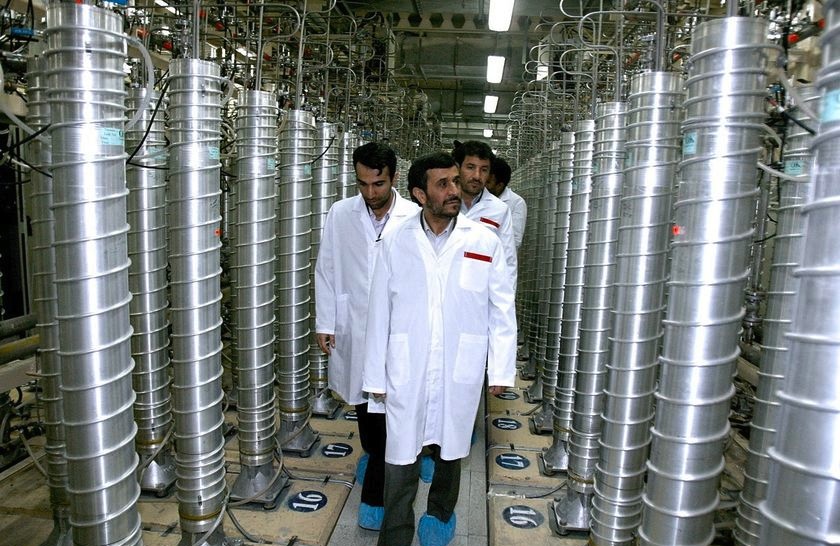FRESH AIR
Amidst concern over North Korea’s ICBM launch, Iranian missile shows Iran heading the same way
July 31, 2017 | Sharyn Mittelman

The spotlight has justifiably been on North Korea for conducting another test on July 28 of an ICBM (Intercontinental Ballistic Missile) which could reach Australia or most of the US West Coast. However a day earlier Iran also tested a missile, which received less attention, but which is equally concerning.
The US condemned Iran for launching the missile with US State Department spokeswoman Heather Nauert calling it a “provocative action” that violated the “spirit” of the deal struck in 2015 between Iran and world powers to prevent Iran’s nuclear ambitions, because the technology is inherently designed to be able to carry a nuclear payload.
Iran claims that its rocket launch was part of a space program for peaceful purposes, but experts believe the “space program” is very likely a cover for developing military missile technologies. For example, Scott Kripowicz of the directorate for international affairs at the Pentagon’s Missile Defense Agency recently told a conference in Israel: “Progress in Iran’s space program could shorten the pathway to an ICBM, as space-launch vehicles use similar technologies, with the exception of their payloads.”‘
The Iranian missile is known as a Simorgh, or Phoenix missile, and according to experts it is a copy of North Korea’s Unha space-launch rocket, the New York Times reported. North Korea and Iran are also believed to have collaborated on missile technology (see previous Australia/Israel Review article “Iran’s Korean Nuclear Backdoor” by Refael Ofek and Dany Shoham).
This month US President Donald Trump recertified Iran’s compliance with the nuclear deal, but the US has also applied new economic sanctions on Iran over its ballistic missile program. US Treasury Secretary Steven Mnuchin said the sanctions reflect US concerns about Iran’s missile testing and other actions.
A Wall Street Journal editorial warned that despite Iran’s “compliance” with the nuclear deal, it is clearly making progress with its missile programs:
“Advocates of the nuclear deal persist in arguing that Iran is in compliance with its provisions. It takes considerable credulousness to believe that over the course of this agreement the Iranian military won’t adapt technical knowledge gained about launch and guidance from projects like its ‘satellite missile’ program. With or without compliance, Iran is making progress as a strategic threat.”
Sharyn Mittelman
Tags: Asia, Iran, North Korea
RELATED ARTICLES

US Middle East strategy amid regional instability: Dana Stroul at the Sydney Institute






















